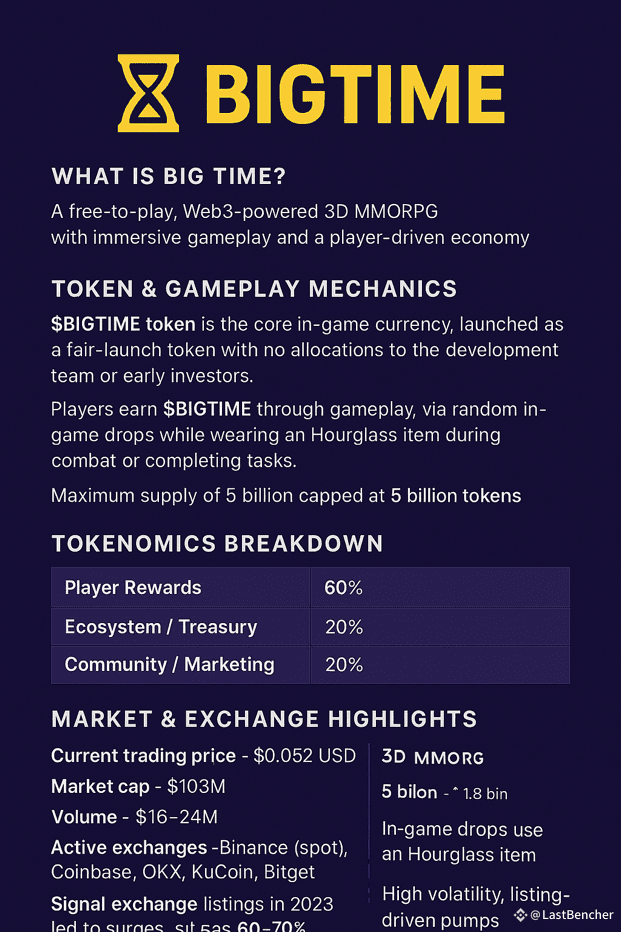Daily Pulse: Global Insights
Your daily source for news and insightful information from around the globe.
The Hidden Economy: How Player-Driven Item Exchanges Are Shaping Gaming Communities
Discover how player-driven item exchanges are revolutionizing gaming communities and creating a hidden economy. Join the game-changing movement!
The Dynamics of Player-Driven Economies: Understanding Item Exchanges in Gaming
The concept of player-driven economies in gaming has revolutionized the way users interact within virtual worlds. Unlike traditional gaming environments where developers control supply and demand, these economies allow players to create, trade, and value items based on their own preferences and experiences. In this ecosystem, the item exchanges between players not only enhance gameplay but also foster a sense of community, as users negotiate, barter, and strategize around the items they acquire. From rare collectibles to crafting materials, the dynamics of these exchanges can significantly impact a game's overall economy, often resembling real-world market characteristics.
Understanding the intricacies of item exchanges in player-driven economies requires a closer look at various factors that influence these dynamics. For instance, scarcity plays a crucial role; items that are difficult to obtain tend to fetch higher prices, while common items might lose value over time. Additionally, player demand is driven by trends within the gaming community, social status, and even the perceived utility of an item. These elements not only create a lively trading environment but also pose challenges for developers, who must balance gameplay experience with economic fairness. As such, grasping the mechanics of these economies proves essential for both players and developers alike.

Counter-Strike is a popular multiplayer first-person shooter game that pits teams of terrorists against counter-terrorists in various game modes. Players can choose from a variety of weapons and strategies to outsmart their opponents. For those looking to enhance their gameplay experience, a daddyskins promo code can provide valuable in-game items and skins.
Why Player-Driven Item Exchanges Are Essential for Community Building in Gaming
Player-driven item exchanges are vital for fostering a sense of community in gaming environments. Unlike traditional in-game trading systems, where transactions are often governed by fixed prices or NPCs, player-driven exchanges allow gamers to set their own terms. This dynamic leads to a more engaging experience, as players must communicate, negotiate, and build relationships with one another. The result is not just a transactional interaction, but the establishment of a vibrant community where players feel a deeper connection to both the game and its participants.
Moreover, item exchanges can create a thriving ecosystem that encourages collaboration and teamwork. As players engage in trade, they share strategies, tips, and resources, which strengthens community bonds. In many cases, these exchanges can lead to the formation of guilds or alliances, further enriching the gaming experience. By prioritizing player-driven exchanges, game developers not only enhance player interactions but also promote long-term loyalty and investment in the game.
How Are Player-Generated Marketplaces Changing the Future of Video Game Economies?
The landscape of video game economies is undergoing a significant transformation, largely due to the rise of player-generated marketplaces. These platforms allow gamers to buy, sell, and trade in-game assets, creating a dynamic economic environment that mirrors real-world market behavior. By empowering players to dictate the value of items through supply and demand, these marketplaces foster a sense of ownership and investment in the gaming experience. As a result, developers are recognizing the importance of integrating these systems into their games, leading to innovative economic models that prioritize player engagement and satisfaction.
Moreover, player-generated marketplaces are redefining how developers monetize their games. Instead of relying solely on traditional revenue streams such as initial game sales or microtransactions, game creators are now incorporating user-driven economies that can generate ongoing revenue. This shift not only enhances the longevity of games but also encourages communities to thrive, as players become actively involved in shaping the in-game economy. As this trend continues to grow, we can expect a future where video game economies are increasingly collaborative, diverse, and sustainable.